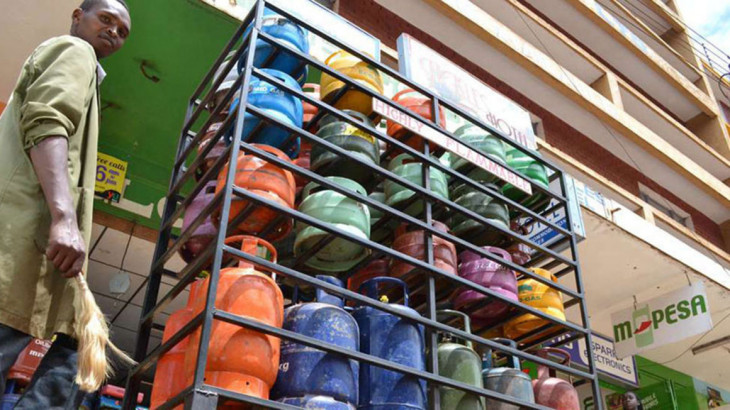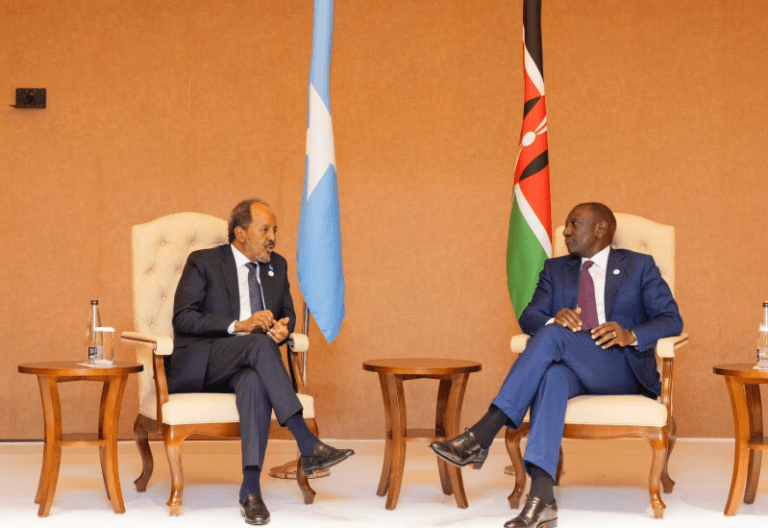Tax on gas pushing households back to dirty fuels – report

A decision by the government’s decision to reimpose 16 per cent Value Added Tax (VAT) on liquified petroleum gas (LPG) also known as cooking gas, has derailed the ambitious target of 100 per cent clean household energy access by 2028.
The observation was made through a recent report by an independent consortium of Kenyan and UK universities. The government zero-rated VAT on LPG in 2016 but re-introduced a 16 per cent standard rate of VAT in July 2021.
A research carried out by University of Liverpool, University College London and Moi University together with the Kenyan ministries of Health and Energy, shows that 50 per cent of urban households cooking with LPG gas in Western Kenya decreased on the back of huge taxes while 75 per cent of Kenyans still rely on dirty cooking energy.
“The VAT re-introduction highlights a decline in clean cooking with LPG for 50 per cent of the studied urban households, with LPG being substituted by health-damaging fuels such as charcoal and wood. Three-quarters (75 per cent) of Kenyans still cook with polluting fuels,” the report notes. “Households that were resource-poor or those that used LPG as a secondary fuel were more likely to reduce their use of LPG and substitute it for dirty fuels.”
With the sharp rise of LPG prices, which surged by up to 30 per cent this week amid disrupted supply chain of petroleum products and inflated freight charges, the use of cheaper dirty fuels is expected to rise further despite health-related concerns.
“LPG remains unaffordable for many lower-income households. In recent years, the Covid-19 pandemic has also reversed progress in LPG uptake by causing financial difficulties at the household level,” the consortium highlighted.
Data from Kenya National Bureau of Statistics (KNBS) shows that the prices of charcoal and kerosene have increased, signalling their surging demand as LPG becomes more expensive to households.
Affordable substitute
As of December 2021, price of one kilo of charcoal increased by about five per cent costing Sh61.31 per kilo as a litre of Kerosene surged to Sh106, a seven per cent increase. The two, plus firewood are the most affordable substitute for costly LPG.
The national average LPG consumption has also decreased, from 36,000 tonnes consumed in January to about 28, 000 tonnes in December 2021, with the 13kg gas refill price bloating by about 30 per cent, costing Sh2,638.83 in December 2021.
With the additional Sh600 or 30 per cent price increase of 13kg cylinder refill announced by top oil marketers on March 7, it means the overall price has now increased by a whopping 60 per cent when compared to the first quarter of 2021.












